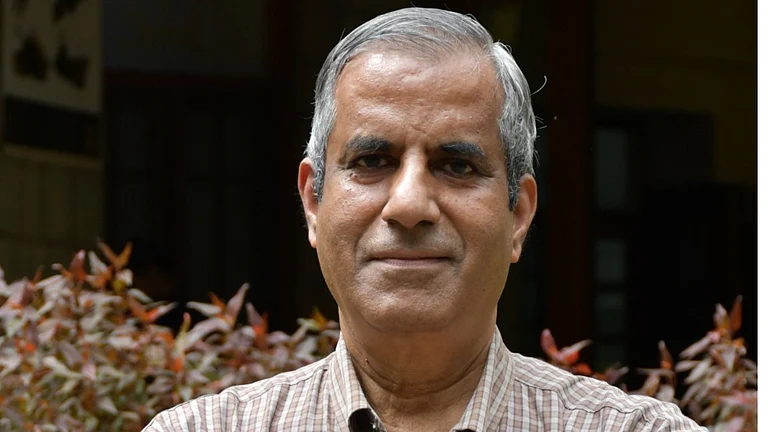
Accel’s Advanced Manufacturing Report 2025 says India can leapfrog global players by shifting from low-cost production to an innovation-led manufacturing model.
New opportunities are opening up because global supply chains are changing, technology is advancing quickly, and India is getting support from government policies like the PLI scheme and new R&D benefits.
Calls for risk-tolerant capital, stronger IP creation, and upskilling in AI-driven design, robotics, additive manufacturing, and IoT-enabled automation.
India’s manufacturing sector has a rare opportunity to leapfrog global incumbents by moving beyond low-cost production to an innovation-led model, according to Accel’s advanced manufacturing report 2025 released on Thursday.
Precision engineering, aerospace, EV components, semiconductors, robotics, and advanced materials are sunrise sectors where India can take a leadership position, provided policy, capital, and talent align, states the report by the global venture capital firm.
The report was unveiled at Accel’s Advanced Manufacturing Summit in New Delhi, an event that brought together policymakers, founders, and investors to chart India’s industrial future.
It concluded that India’s manufacturing sector has a rare opportunity to leapfrog global incumbents by going beyond low-cost production to an innovation-led model.
“This is India’s once-in-a-generation window," noted Prashanth Prakash, partner at Accel.
The winners will be those who can integrate policy momentum, deep-tech capability, patient capital, and world-class talent into a coherent strategy, he said. "This is not just about scale, it’s about sovereignty,” he added.
The findings underlined a decisive shift, and observed competing solely on low-cost labour is no longer sustainable, an Accel statement said. Future competitiveness will depend on delivering complex, high-tolerance manufacturing backed by strong intellectual property.
Global supply chain realignments, technology disruption, and favourable geopolitics are reshaping India’s manufacturing opportunity.
Coupled with domestic policy support such as production linked incentive (PLI) schemes and new R&D incentives, this is “the most favourable macro-environment in decades”, Accel said.
That said, execution remains a critical challenge.
"Policy tailwinds are necessary but not sufficient,” said Prayank Swaroop, partner at Accel.
Founders need to think global from day one, in product quality, supply chain design, and technology adoption, he said, pointing out that precision engineering is not a niche anymore. It’s the new growth engine.
The report calls for patient, risk-tolerant capital to support hardware development, Intellectual Property (IP) creation, and long product cycles that define advanced manufacturing.
It also highlights the urgent need for upskilling in frontier domains such as AI-driven design, robotics, additive manufacturing, and IoT-enabled automation.
Technology adoption, it notes, will be the ultimate differentiator, with artificial intelligence (AI), automation, advanced simulation, and internet of things (IoT) now core infrastructure for competitiveness.
“If India wants to define its place in the global industrial order, this is the decade to do it. The question is no longer if we can, but whether we will seize the opportunity with the urgency it demands," Prakash added.
































